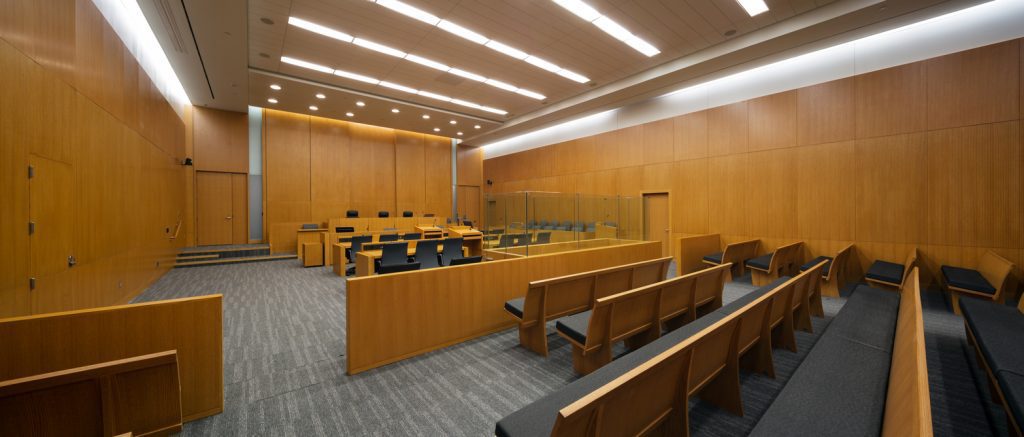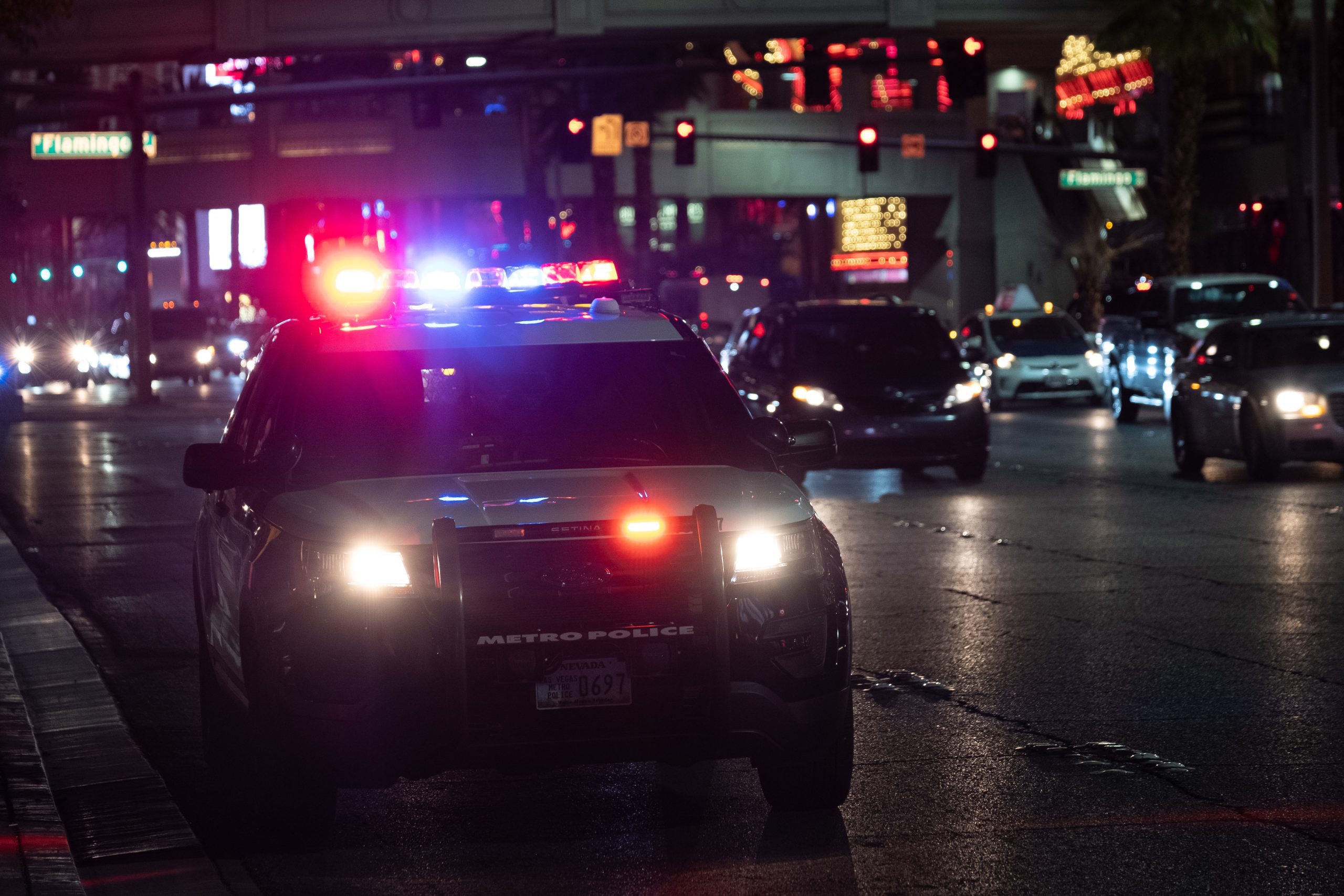In all criminal cases, someone arrested for a misdemeanor or felony must be brought before a judicial official for an initial appearance in a timely manner. This initial appearance is called an arraignment.
In general, you must be arraigned within a reasonable time. Most of the time, you’ll be arraigned within a few hours of your arrest. But, in most states, the maximum amount of time you could wait is 72 hours.
However, this 72-hour time limit does not apply if you have been released from custody or where never arrested in the first place. Additionally, at least in some states, the 72-hour time limit may be extended if the courthouse is closed so long as you are arranged within a reasonable time after the closure.

What happens during an arraignment?
Usually, this initial appearance occurs before a magistrate. But it could also be before a judge. In some states, however, you may not be arraigned by a magistrate or judge. For example, in North Carolina, the Clerk of the Superior Court may also do the arraignment.
During the arraignment, the magistrate or judge must inform you of the charges against you and make it clear that you have the right to an attorney.
The judge must also determine whether there was probable cause to support the arrest if police arrested you without a warrant. These preliminary steps must always be followed.
After that, the magistrate or judge will ordinarily set bail. In some cases, the magistrate or judge may require you to post a cash bail. In others, you may be released upon your own recognizance.
Either way, the judge will also inform you of the conditions of your bail. And, to remain released until your trial, you must follow those conditions.

Do you have the right to an attorney when you are arraigned?
No. While the magistrate or judge will appoint an attorney for you during the arraignment, you will not have one present at the arraignment itself. Beyond identifying yourself and entering a plea (usually a plea of not guilty), however, there is very little that occurs during an arraignment that an attorney can help with.
What happens if you plead guilty at your arraignment?
If you plead guilty during your arraignment, no preliminary hearing or trial will occur. Instead, the court will move directly to sentencing. On the other hand, if you plead not guilty, the magistrate or judge will appoint a lawyer (assuming you don’t hire one), and the case will move forward.
The Takeaway:
An arraignment is the start of a criminal case. In most situations, you can only be held in jail for up to 72 hours before you are arraigned. If you are not in jail, the 72-hour time limit does not apply. There are also other exceptions to the 72-hour rule that applies in most locations. During the arraignment, you will enter a plea, and the case will move forward.






